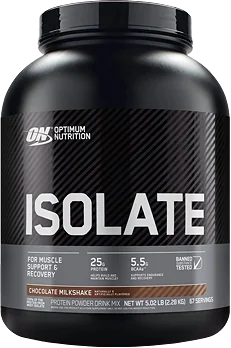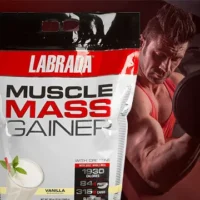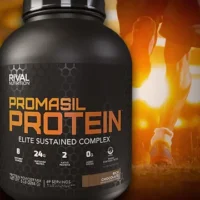Knowledge BaseYou're Questions Answered
Can protein powder be used by people with liver disease?
Protein powder can be beneficial for individuals with liver disease, but its use should be approached with caution and under the guidance of a healthcare professional. Liver disease can significantly affect protein metabolism, and the type and amount of protein consumed can impact liver function and overall health.
The Role of Protein in Liver Disease
Protein is essential for maintaining muscle mass, supporting immune function, and promoting overall health. However, individuals with liver disease often experience altered protein metabolism, which can lead to protein malnutrition and muscle wasting1. Therefore, adequate protein intake is crucial for these patients, but it must be carefully managed to avoid exacerbating liver dysfunction.
Types of Protein Powders
Not all protein powders are suitable for people with liver disease. Here are some considerations:
- Whey Protein: Whey protein is a high-quality protein that is quickly absorbed and can help maintain muscle mass. However, it should be used with caution in liver disease patients, especially those with advanced disease, as excessive intake may increase the liver's metabolic burden2.
- Plant-Based Proteins: Proteins from sources like peas, rice, and hemp are generally easier on the liver and can be a good alternative for those with liver disease. These proteins are often lower in certain amino acids that can accumulate in the blood due to impaired liver function3.
- Branched-Chain Amino Acids (BCAAs): BCAA-enriched protein powders can be particularly beneficial for liver disease patients, as BCAAs are metabolized primarily by muscles rather than the liver, reducing the metabolic load on the liver4.
Guidelines for Use
For individuals with liver disease considering protein powder supplementation, the following guidelines can help ensure safe and effective use:
- Consult a Healthcare Provider: Before starting any protein supplement, it is essential to consult with a healthcare provider or a dietitian who specializes in liver disease. They can provide personalized recommendations based on the specific type and stage of liver disease.
- Monitor Protein Intake: Careful monitoring of total protein intake is crucial. Too much protein can exacerbate hepatic encephalopathy in advanced liver disease, a condition where toxins build up in the brain5.
- Choose High-Quality Proteins: Opt for high-quality, easily digestible proteins that are less likely to increase the liver's workload.
Ultimately, protein powder can be a valuable tool for maintaining nutritional status in people with liver disease, but its use must be tailored to individual needs and medical conditions. Close monitoring and professional guidance are key to managing protein intake effectively in this population.
- Moore, M. C., Coate, K. C., Winnick, J. J., An, Z., & Cherrington, A. D. (2012). Regulation of hepatic glucose uptake and storage in vivo. Advances in Nutrition, 3(3), 286-294.
- Marchesini, G., Bianchi, G., Merli, M., Amodio, P., Panella, C., Loguercio, C., ... & Abbiati, R. (2003). Nutritional supplementation with branched-chain amino acids in advanced cirrhosis: a double-blind, randomized trial. Gastroenterology, 124(7), 1792-1801.
- Fouad, Y., Waked, I., & Bollipo, S. (2020). What's in a name? Renaming NAFLD to MAFLD. Liver International, 40(6), 1254-1256.
- Muto, Y., Sato, S., Watanabe, A., Moriwaki, H., Suzuki, K., Kato, A., ... & Kondo, T. (2005). Effects of oral branched-chain amino acid granules on event-free survival in patients with liver cirrhosis. Clinical Gastroenterology and Hepatology, 3(8), 705-713.
- Butterworth, R. F. (2003). Hepatic encephalopathy. Alcohol Research & Health, 27(3), 240-246.

Your Answer
We are a participant in the Amazon Services LLC Associates Program, an affiliate advertising program designed to provide a means for us to earn fees by linking to Amazon.com and affiliated sites.



